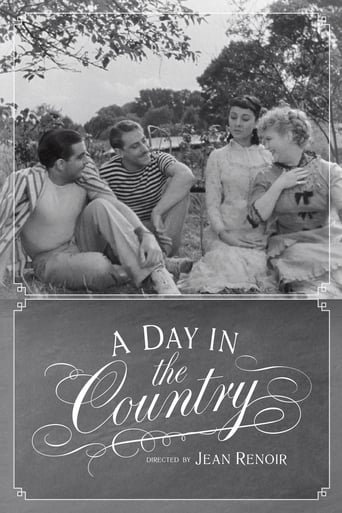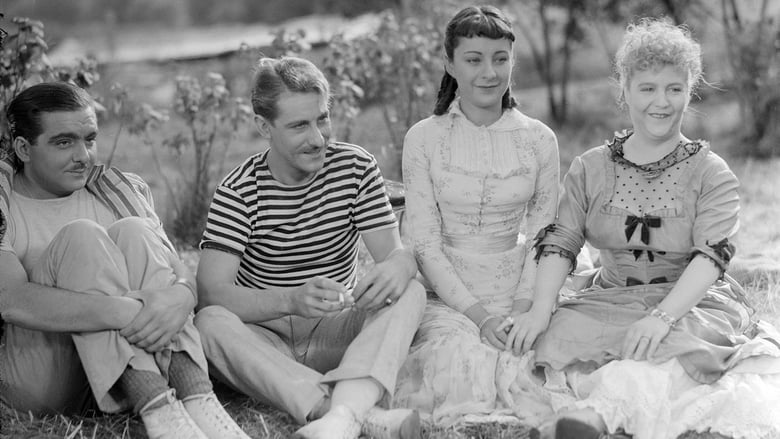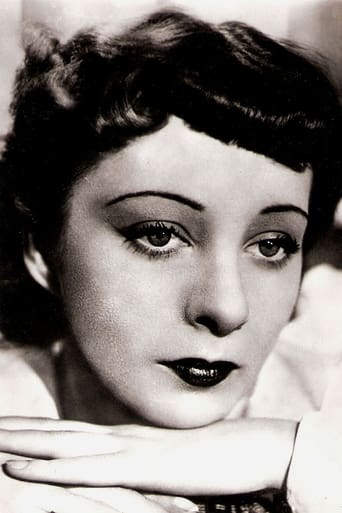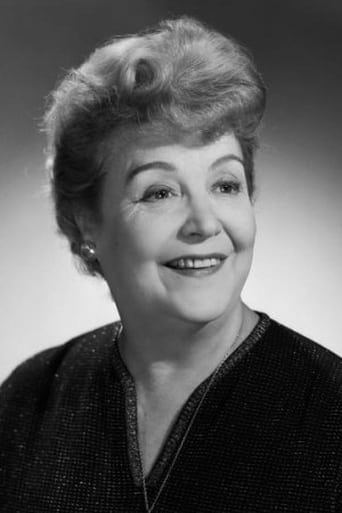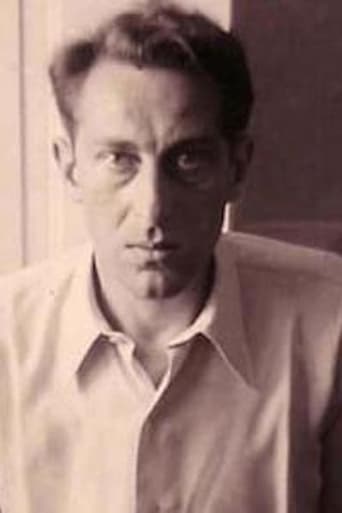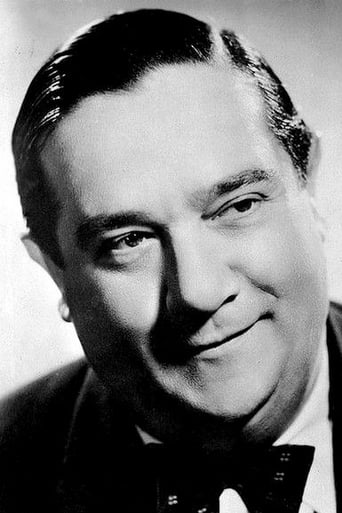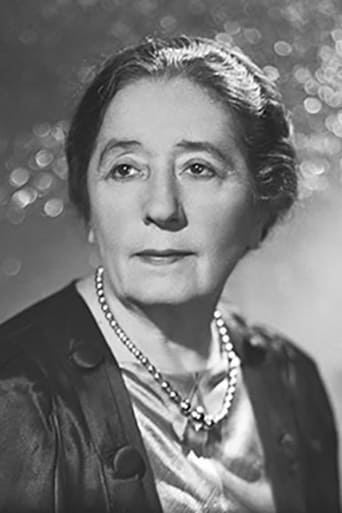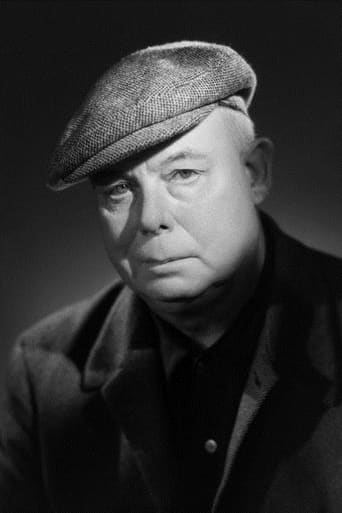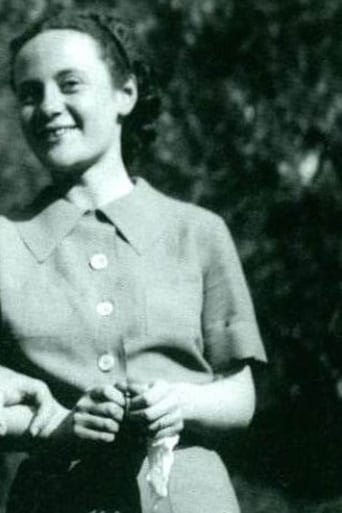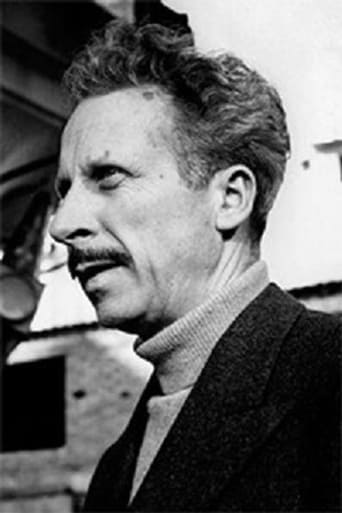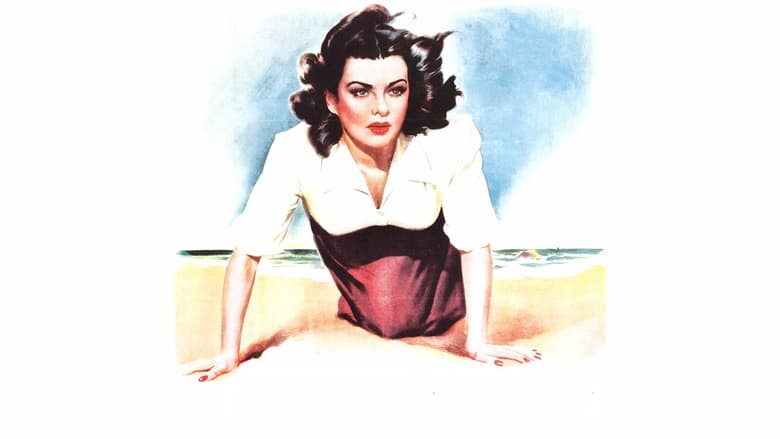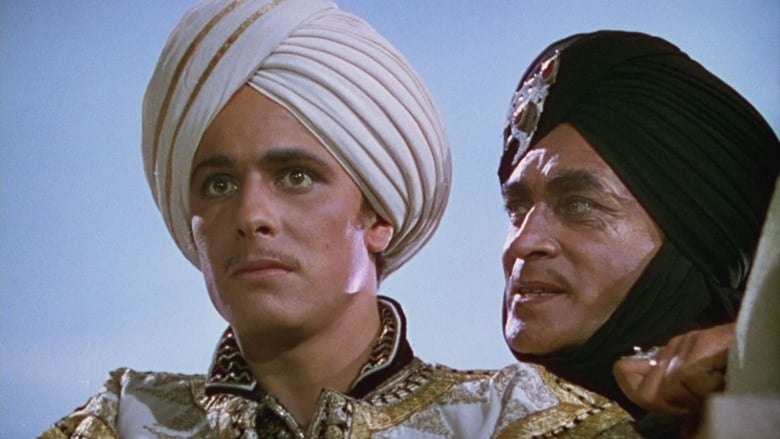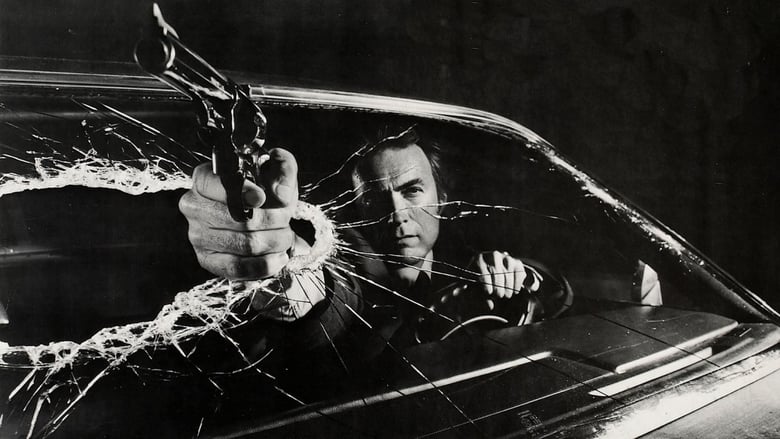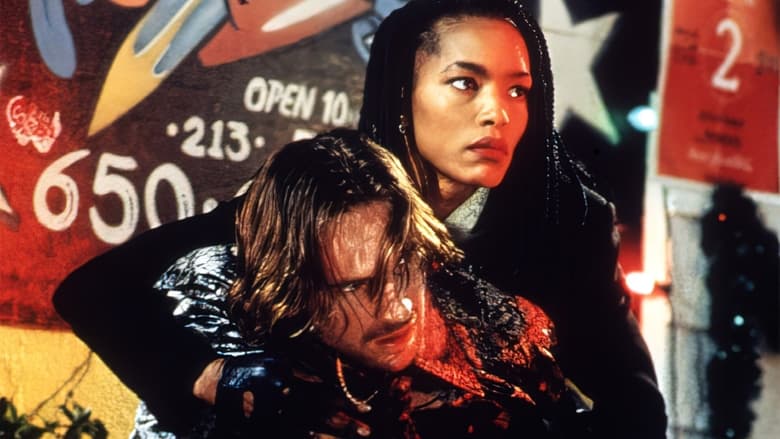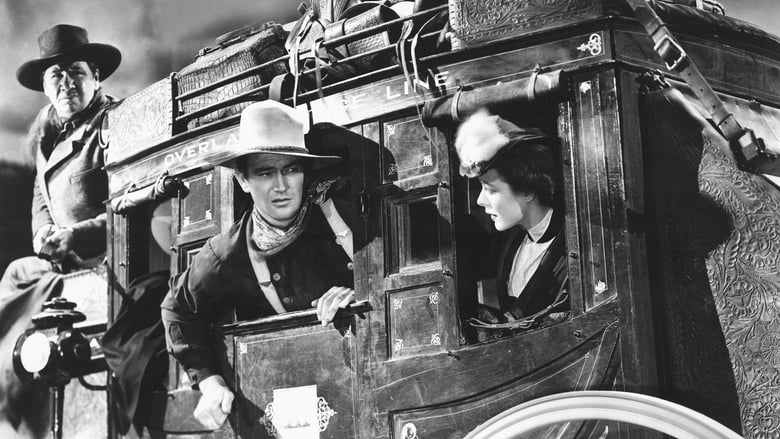The family of a Parisian shop-owner spends a day in the country. The daughter falls in love with a man at the inn, where they spend the day.


Similar titles

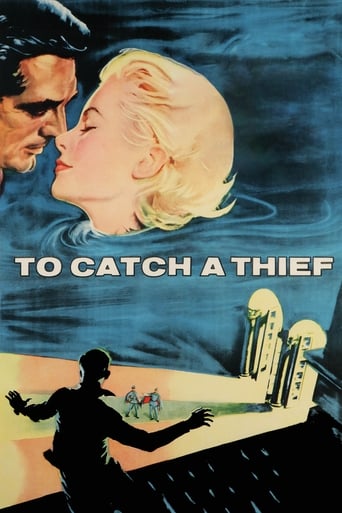
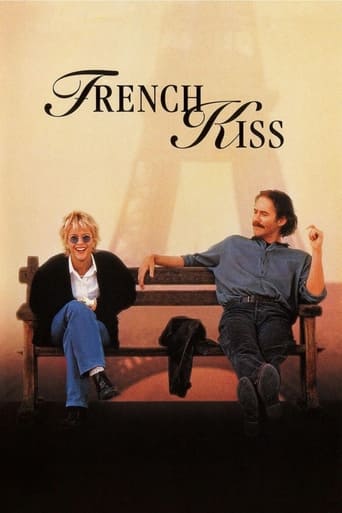
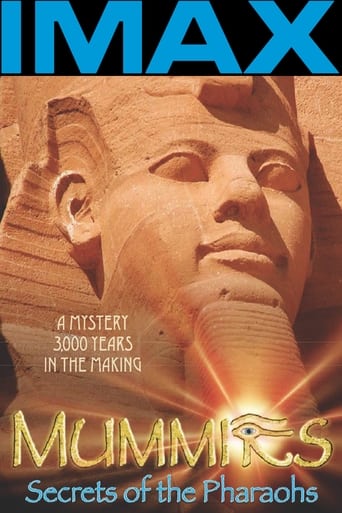
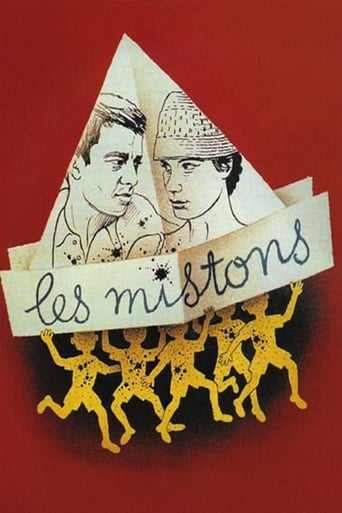
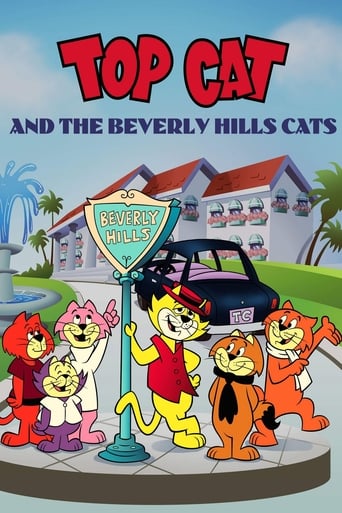
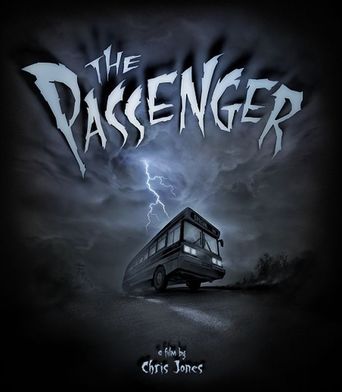
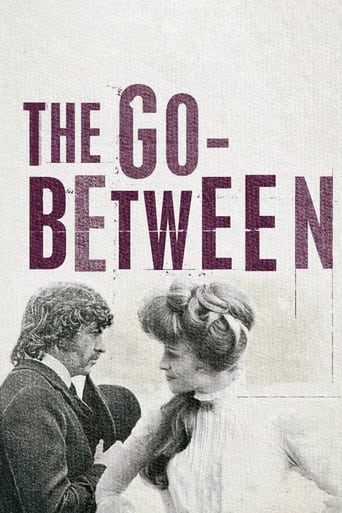
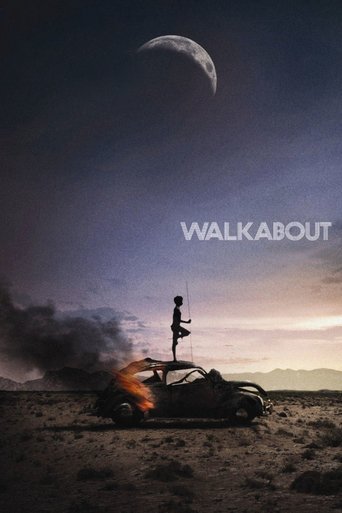
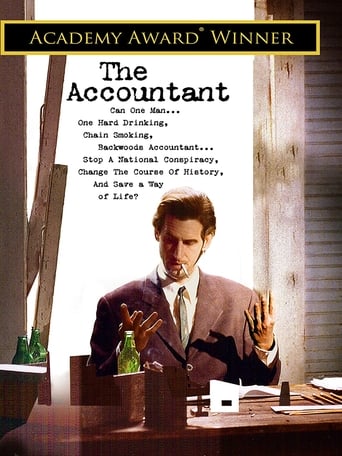
Reviews
"Épater la bourgeoisie!" went the rallying cry of France's 19th- century poets like Baudelaire and Rimbaud, who styled themselves as "Decadents." But ever since Molière's M. Jourdain, the social- climbing bourgeois gentilhomme, was delighted to discover that he was speaking prose, French artists of whatever medium have delighted themselves in satirizing the manners and morals of the middle class, sometimes affectionately and sometimes savagely. On my living room wall I have two prints of cartoons done by Honoré Daumier in a series he called "Pastorales." Both show very solidly middle-class and middle-aged couples, presumably Parisians taking a day in the country. In one, the husband carries his large, copiously clad wife on his back as he fords a small stream that barely comes to his ankles. They have evidently been caught in a summer storm, for he is chiding her that such things are to be expected, even on the sunniest day. Meanwhile, she is urging him, "Ah, Jules, don't let the torrent sweep us away!" In the other, a similarly clad woman sits on the bank of a pond in which her husband, wearing his glasses and with his head swathed in a handkerchief, has been taking a dip. "The water is delicious, Virginie," he says. "I assure you, you're making a mistake by not joining me." I was reminded of these prints while watching Jean Renoir's great short film -- it's only 40 minutes long, but every minute is golden -- A Day in the Country. In it, the Dufour family -- husband, wife, daughter, future son-in-law, and comically deaf grandmother -- find a country inn in a beautiful setting on their day away from the city. The mother and daughter immediately become targets for two young men, who manage to set off with them in their skiffs on the river, after diverting the other men by lending them fishing poles. The daughter, Henriette (Sylvia Bataille) goes with Henri (Georges D'Arnoux). When a storm comes up, they take shelter in the woods, where she yields to his advances. Years later, she returns to the same spot with her husband, Anatole (Paul Temps), an unromantic drip, and while he naps, she encounters Henri and recalls their brief encounter. The film is an exquisite mix of comedy and melancholy, the kind of subtle blending of tones Renoir is known for from his greatest films, The Grand Illusion (1937) and The Rules of the Game (1939). A Day in the Country was in fact never finished -- weather interrupted the shooting and Renoir had to move on to another commitment -- but the existing footage was assembled ten years later under the supervision of the producer, Pierre Braunberger, with two explanatory intertitles, and it stands on its own as a masterwork. In sharp contrast to the affectionately amused treatment of the bourgeoisie in A Day in the Country, Boudu Saved From Drowning is a raucous free-for-all centered on the great eccentric Michel Simon in the title role. Boudu is a tramp, a shaggy monster, who after his dog runs away decides to drown himself in the Seine. But he is rescued by Édouard Lestingois (Charles Granval), a bookseller, who takes him into his home. Boudu proceeds to trash the place and seduce both Mme. Lestingois (Marcelle Hainia) and the housemaid (Sévérine Lerczinska), who is also Lestingois' mistress. Simon's performance pulls out all the stops in one of the greatest comic tours de force in film history. If you want to see what épater la bourgeoisie really means, just watch Boudu. (charlesmatthews.blogspot.com)
This is Jean Renoir at his finest. I think it far surpasses Smiles of a Summer Night as a cinematic valentine to the wooded countryside. It's no great wonder it's imagery is so detailed as the first assistant cinematographer was some young dude named Henri Cartier-Bresson. A comedy that leaves one sad, it describes the hopes and disappointments of the nineteenth century European middle-class. Small artisans were starting to think of themselves as independent capitalists, but in fact the restraints on their lives- geographic and economic- made them far from free-agents. In his introduction, the auteur compares the film's locations to that of his famous father's paintings. As a fan of the son but not the father, I will say that I think this artist captured the wonders of the French countryside better than his, perhaps, more celebrated dad. Yet this does seem like a tribute to the auteur's father. For the only flaw is the film's awful score, so sugary as to bring to mind the elder Renoir's sentimentality at it's worst.
A lot of people make a point of calling attention to the fact that "A day in the country" is an unfinished film, cut short by bad weather conditions and a lack of sufficient funds; I feel that these filming disruptions and hastily put together ending, actually contribute more to the film than whatever was originally planned. Henrietta, her mother, father and fiancé, all head out for a day in the country; when they arrive at their destination Henrietta's father and fiancé go fishing together, while Henrietta and her mother enjoy the company of two men who live in the country. Henrietta, based on dialog between her and the man, seems to truly fall in love with the man she meets. The film, hastily finished, due to the aforementioned reason, is in my opinion a blessing in disguise. While the director took this movie as a chance to show off, the beauty of the French country side, the short length of the film, kept the scenery from overpowering the story line. This plus the abrupt nature of the films end, really served to show, that the main characters pain at not being able to marry the man she loved, was simply indescribable. That true pain such as that could not be faked, so they were not even going to have an actress try to portray it, instead by ending the film when they did, they allow the audience to interpret the ending however they wish. Placing their own thoughts and feelings upon Henrietta and imaging how they would feel if they were in her shoes. All in all the film was not bad, the scenery was lovely, the actors seemed to know just how to act to be in harmony with the scenes used, and while to some the film may seem unfinished I believe the correct choice was made in allowing the film to be published, as is.
Last week I watched Jean Renoir's 'The Rules of the Game (1939)' for the first time, and, while I quite enjoyed it, I felt rather distanced from the story, as though the film was so preoccupied with snappy characters and dialogue (as in a stage play) that it didn't bother with emotion or atmosphere, the evocation of time and place. Happily, this wasn't a problem with 'Partie de campagne / A Day in the Country (1936).' Renoir's unfinished adaptation of a short story by Guy de Maupassant gains a wonderful personality through its on-location filming. Even though we ourselves never observe the oppressive, polluted Parisian streets, Claude Renoir's outdoor photography sweeps over us with the cool and cleansing touch of a fresh breeze, somehow translating into visuals the revitalising sensation of clean country air in one's lungs. Unfortunately, it was also this on-location shooting schedule that proved the film's demise, weather problems delaying and eventually leading to abandonment of production. The film was not released until 1946, faithfully edited together using the existing footage.Renoir's film undoubtedly feels like an unfinished work, but what exists is nonetheless brilliant. Unlike many unfinished or studio-butchered would-be masterpieces, that 'A Day in the Country' was not completed to the director's satisfaction causes minimal detriment to the sequences that remain today. The narrative up until the "ending" is perfectly-structured and enjoyable to watch, all planned sequences up until this point having presumably been filmed without incident. However, after Henri (Georges D'Arnoux) and Henriette (Sylvia Bataille) come together for the first time in a reluctant but passionate embrace, the story then jarringly cuts to a years-later epilogue, a wistful conclusion that reflects on events that seemingly never took place. "Every night I remember," confesses Henriette, as she meets her former one-time lover, having settled on marrying a scruffy imbecile (Paul Temps). But exactly what does she remember? There had been nothing in the film to suggest that she and Henri had fallen in love; this eventuality had always been implied, but never satisfactorily executed.A strong cast including André Gabriello, Jane Marken, Jacques B. Brunius and Renoir himself bring lighthearted humour to their respective roles, but it is the budding romance (never quite realised) between D'Arnoux and Bataille that form's the story's heart. Following its eventual 1946 release, 'A Day in the Country' was lauded as an "unfinished masterpiece," and I suppose that such a description is appropriate. Had filming been completed, such that the story followed through its intended and logical arc, I can only imagine what a powerful piece of cinema the film might have been. Have you ever had a wonderful dream from which you were woken prematurely? This is how I feel about 'A Day in the Country.' Everything up until the hasty ending is funny, emotional, glorious, and invigorating, yet we're wrenched from the dream-like clasp of Renoir's hand unexpectedly and disappointingly. But I'm an optimist: we should simply be glad that this much of the film exists for us to enjoy. Reflecting on what might have been is a task that should ideally be left to movie characters.
